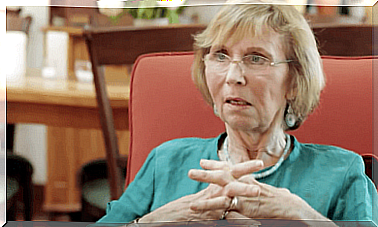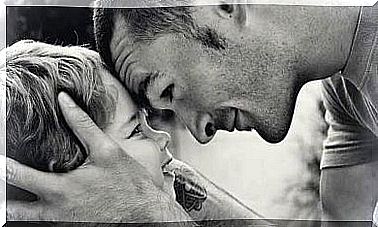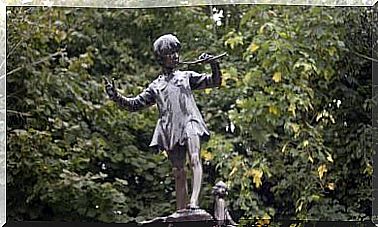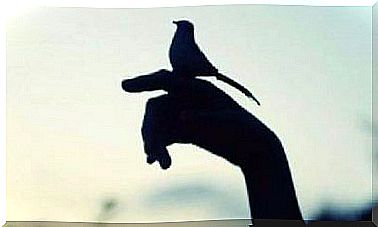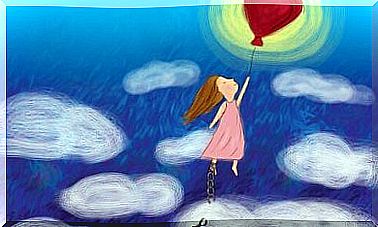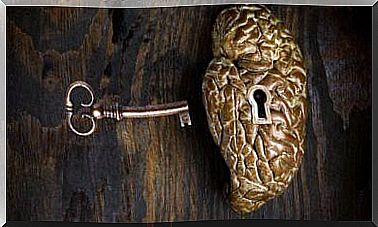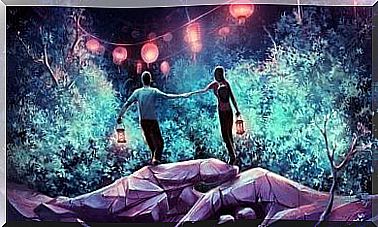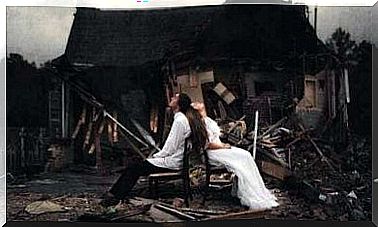The Forgotten Child: A Childhood Spent In The Corner Of Disaffection
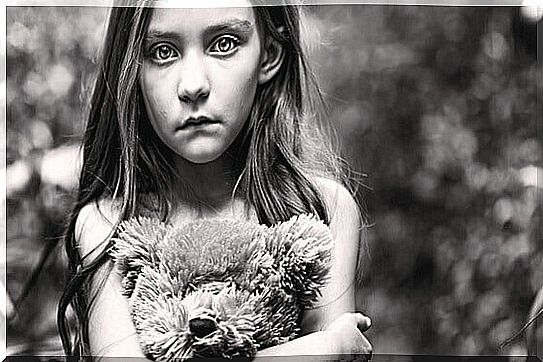
The forgotten child, the one who was not loved by his parents, finds himself in the corner of disaffection and oblivion. He will remain there for decades, regardless of whether he has already become an adult, for when one feels that his childhood has been stolen and all love has been denied, a bond continues to exist between the current adult and the hungry and sad child of yesterday. This trauma of gigantic dimensions is still present.
In the book “Parenting from the Inside Out” by psychiatrist and professor Daniel J. Siegel, a term is put forward which corresponds perfectly to this child, this forgotten son / daughter that we mentioned before: the culture of shame. Behind these powerful words hides a hidden reality of which we are not always aware.
We are referring to those little boys or girls who live in shame, not understanding why they do not receive all of those things that define any family dynamic: recognition, understanding, tenderness, love, love. affection, dedication, security …
“Childhoods never last. But everyone deserves one. ”
-Wendy Dale-
The forgotten son / daughter is the one who does not occupy any role in a house. It is about the offspring who asks and receives nothing, of the child who has come to understand that crying was useless, of the person who has never seen himself reflected in the eyes of his parents, in the heat. of their skin or in the refuge of their arms. The forgotten son / daughter has never had a real home and has never known the caress of a voice that assures him that everything is going to be okay. No one taught him to believe in anything, be it magic, the universe or even less himself / herself.
Children of the culture of shame end up getting lost in the depths of uprooting, rage and silence. A totally discouraging place to live which, whether we believe it or not, is found in abundance in our society …
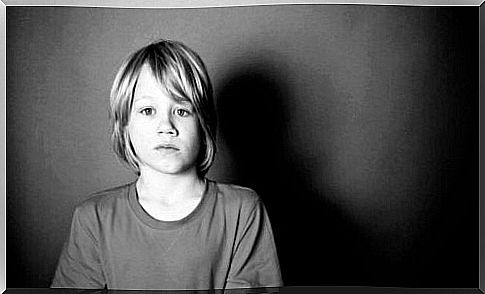
The forgotten son / daughter, neglected lives
Many of us almost immediately think that the forgotten child lives in a dysfunctional family. It is surely these environments where the internal dynamics are characterized by physical or verbal violence, the immaturity of the parents, the presence of a mental disorder in one of the two, marginalization or even, why not, an illegal activity that transforms this place of life into a real black hole that attracts emotional imbalances, insecurities and fears.
Good, but here we have to add a few nuances: the forgotten child also lives very close to us. In the house of our neighbors, for example, yes, there, in this elegant three-story house where always live parents who are always kind, brilliant in their work and very busy every day, who hold the hand of a silent child with huge eyes. and full of curiosity in which we find despite everything a deep touch of sadness. The forgotten child is also this little one who goes to school from 9 a.m. to 5 p.m. and who attends extra-curricular activities from 5 p.m. to 8 p.m.
It is this child who has the keys to the house, who comes and goes because his parents work all day, of course, and they come home tired, without the slightest desire to play, listen to him or do anything. watch out for him. It should never be. Here, of course, there is no marginalization or violence. There is however a very clear dysfunction, a type of “abuse”: a lack of real love, a lack of conscious and present motherhood and fatherhood and, above all, felt by the child.
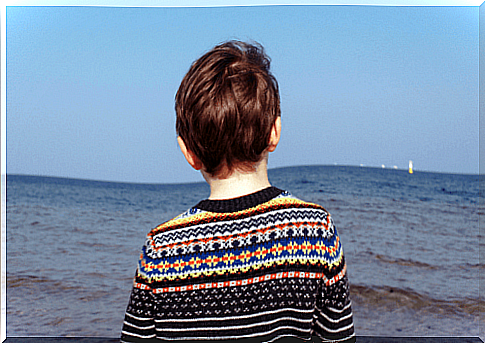
No one deserves to live in the corner of disaffection
No one should be living in the dark room of oblivion. Spending his childhood in this underground space where only shadows, voids and emotional confusion live creates in the child a series of internal conflicts that it will take, in the best case, several decades to resolve. Curiously, Elizabeth Kübler-Ross herself wrote in her book The grief and the pain that traumatic childhoods also require to go through a very singular grief.
“One of the most beautiful things that can happen to you in life is to have a happy childhood.”
-Agatha Christie-
The psychiatrist explained that it was like performing surgery on a series of messy emotions and at the same time hidden in even messier boxes. It is a chaotic inner world where everything is experienced simultaneously: rage, anger, disappointment, negation and depression.
The forgotten child often becomes an inaccessible adult, a person who does not like to be noticed, who is diluted in his own personal universes without being able to consolidate meaningful and lasting relationships. Why ? Because he continues to live in this culture of shame, where he asks himself every moment: why did this happen to me, why was I refused this love that would have allowed me to to build as a person?
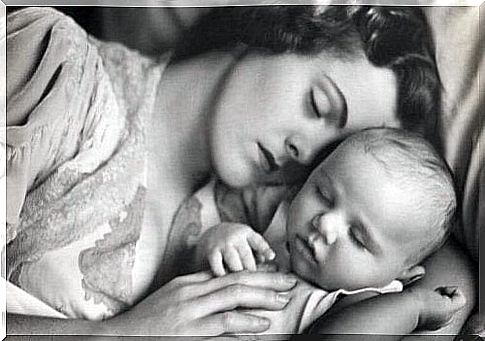
No one deserves to live in the corner of disaffection, let alone the children. Our little ones deserve to be given our full attention, speaking to them in the language of indefatigable tenderness, they deserve our time and days by their side, days as long as those Finnish summers where the light is eternal. . They also deserve our patience, like the footsteps of a turtle, and this consolation which is diffused endlessly like waves of water in a pond.
To conclude, here is a proposal: that of investing in a conscious education which avoids the appearance of a greater number of forgotten children and more lost childhoods. Whether we like it or not, remember that these affect the freedom and fullness of our adult life.
